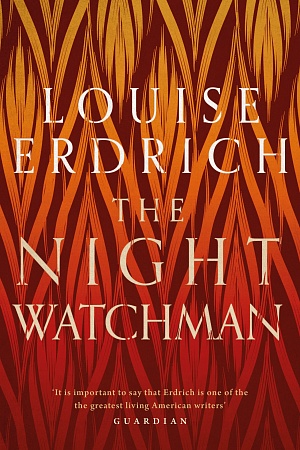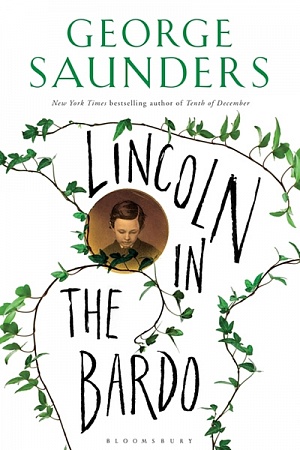'We are all MFAs now!' by Beejay Silcox
‘Creative writing is, in sum, as American as baseball, apple pie and homicide.’
Mark McGurl, The Program Era (2009)
My rejection from the Iowa Writers’ Workshop arrived by mail. Iowa was steadfastly old-fashioned: there were no online portals or login codes at the near-mythical mothership of American fiction; no emails or text alerts. I only knew they had received my application because they sent back the self-addressed postcard I had included with my brace of earnest short stories. When the rejection letter arrived, I opened it with a good knife because I hoped it might be a letter I’d want to keep. I did keep it, just not for the reasons I’d hoped. There was a handwritten message underneath the pro-forma niceties: This is strong work. Iowa hadn’t said yes, but – with those four words – it hadn’t said no.
The week after America’s oldest graduate fiction workshop turned me down, I was accepted by one of its youngest – less than a decade old, but cloned, as all MFA (Master of Fine Arts) programs are, from Iowa’s metastasising DNA. I was offered a yearly stipend of US$15,000 (before tax), which I would earn by teaching freshmen undergraduates how to write essays, and a tuition waiver for three years of study – enough time to write a book. As MFA offers go, it was generous; I wouldn’t be in debt, and, if I lived lean, I might be able to stay that way.
I wanted to go to a place where fiction was being read, discussed, and made. I wanted to read and talk and make. I wanted, to paraphrase novelist (and Iowa MFA graduate) Alexander Chee, to take a couple of decades of wondering whether or not my work could reach people and funnel it into a couple of years of finding out. So I flew for twenty-two hours from Canberra to Washington DC, and then rode a bus for another six out west, up into Virginia’s Blue Ridge Mountains. There were billboards with the Ten Commandments and pick-up trucks with Confederate flag bumper stickers, and a hundred other tired American clichés that tell you everything about the country, and nothing at all.
 Iowa Writers Workshop director Paul Engle with students at The University of Iowa (1950s). Frederick W. Kent Collection / University of Iowa Archives
Iowa Writers Workshop director Paul Engle with students at The University of Iowa (1950s). Frederick W. Kent Collection / University of Iowa Archives
Like all nations, America is built on fictions: from its founding fathers to its middle-class dreams. Some would argue that is all the country has even been: a stars-and-bars fiction wrapped around fifty separate countries, wearing ever more threadbare. How these fictions work – how they are made, and for (and by) whom – is a potent reflection of how the country works.
Continue reading for only $10 per month. Subscribe and gain full access to Australian Book Review. Already a subscriber? Sign in. If you need assistance, feel free to contact us.















Comment (1)
There are clear messages here for Australian writing courses, not only in our universities but in our schools as well, to be honest in intent and accepting of cultural and social perspectives when exploring the vast array of reading material that is available to us thanks to our freedom and democracy. Perhaps we need more writers like Beejay Silcox to open our eyes to just how fortunate we are as a society and living in this wonderful country Australia.
Leave a comment
If you are an ABR subscriber, you will need to sign in to post a comment.
If you have forgotten your sign in details, or if you receive an error message when trying to submit your comment, please email your comment (and the name of the article to which it relates) to ABR Comments. We will review your comment and, subject to approval, we will post it under your name.
Please note that all comments must be approved by ABR and comply with our Terms & Conditions.